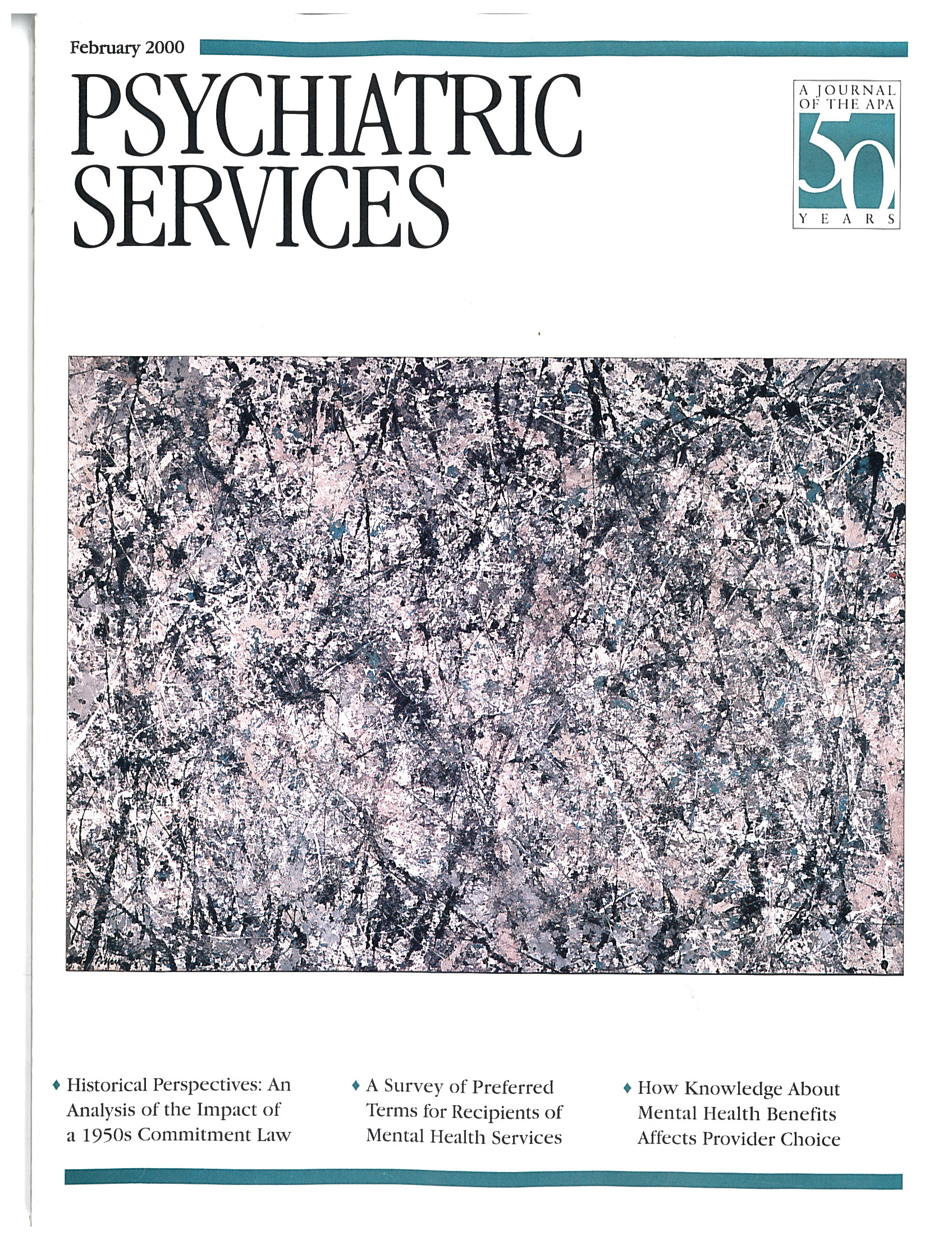Recent dramatic social changes, especially with respect to gender roles, have generated much confusion among men about the definitions of masculinity. Brought up in "traditional" male-centered homes, ill prepared to deal with a world in which nearly 60 percent of women work outside the home and only 10 percent of families still fit the traditional mold, many traditional men have made a number of maladaptations, and they are often misogynistic, violent, alcoholic, sexist, and resistant to therapy. In short, they are the therapist's worst nightmare. They are also depressed, lonely, disaffected, misunderstood, vilified, and badly in need of therapy. The problem: therapists are ill equipped to deal with traditional men who are disinclined to be treated. The solution: Gary Brooks' excellent book, A New Psychotherapy for Traditional Men.
This book is a fresh breeze in an intellectual climate in which political correctness supplants empathy, empiricism, and scholarship. Brooks presents a model for understanding the struggles and psyche of the traditional man that is informed by two decades of experience working in a Veterans Affairs hospital. As someone who has put in a similar tenure treating and researching men who abuse their partners—men who are well represented in the population of traditional men—I found Brooks' conceptual model to be of great heuristic value. Brooks advises that we view therapy with traditional men as cross-cultural, and indeed it is. Failure to understand where these men come from will impair a therapist's credibility and effectiveness.
Brooks points out that the trap for many therapists is that they feel compelled to condemn the egregious behavior of a traditional man but fail to value the perpetrator in the process. As a result, the patient feels misunderstood and stigmatized, which further damages his already shaky self-esteem and irreparably damages the therapeutic alliance. Brooks believes that when therapists take a supportive, nonjudgmental approach that taps into the inherent unhappiness of traditional men, they will respond and engage in the therapeutic process. "The capacity to value traditional men is one of the core elements of treatment," he says.
On the other hand, treatment that is coercive, caustic, punitive, accusatory, and judgmental will, according to Brooks, drive the traditional man from treatment. Perhaps this situation explains the very high dropout rates reported by many "batterer intervention" programs. Although most enamored of a group psychotherapy approach to this population, Brooks addresses issues in individual, couple, and family therapy as well.
The strengths of this book are that it is well written and readable, synthesizes the relevant literature, and offers excellent conceptualizations of traditional men and the dynamics of their intimate relationships. An example of the last is the explanation of the development of the dependency-aggression dyad often observed in this population. According to Brooks, as men mature, homophobia and other social pressures cause them to isolate themselves from male friendships and to invest all of their intimacy and emotional needs in a woman. Because such intimacy and support are essential to their emotional well-being, they become dependent on that woman, and they react with resentment at being so dependent and with fear of anything that threatens the relationship.
If A New Psychotherapy for Traditional Men has a weakness, it is that Brooks doesn't really articulate a structured therapeutic strategy. Rather, he presents a series of vignettes and case examples, many of which seem pat and unrealistic, in which he demonstrates how he has dealt with the various issues that are identified. In this sense, I feel the book is poorly titled, promising, as it does, a new psychotherapy.
On the other hand, the conceptual material is so rich that one might argue that an experienced therapist would be able to improve his or her success with this population simply by being aware of it. I feel strongly that this book should be required reading for anyone treating batterers, substance abusers, or any other segment of the traditional male population. Brooks has hit the proverbial male on the head.

